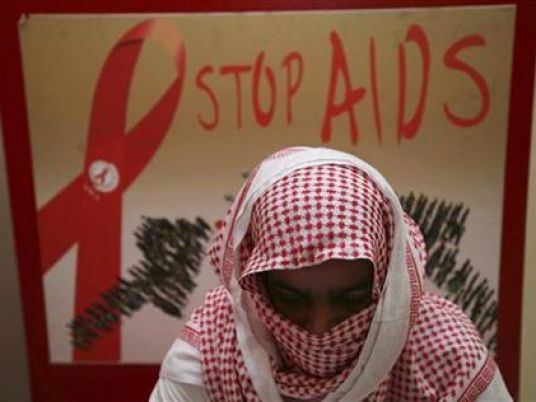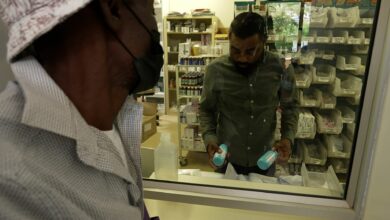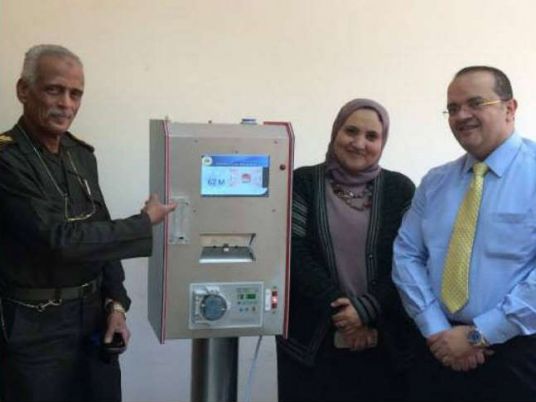
Women infected with HIV in Egypt face worse stigma than men, creating barriers to AIDS treatment, education and awareness, says the Egyptian Society for Population Studies and Reproductive Health.
The group says AIDS is harder on women as they are wrongly blamed for spreading the sexually transmitted disease while the sexual behavior of men is excused.
Since AIDS was discovered, 78 million people all over the world have contracted the disease, of which 35 to 43 million mostly young have died.
And in the Arab countries, 17,000 die every year, of which 1,800 are children. The spread rate of the disease in the Middle East and North Africa is about 300 percent.
If there is hope to eliminate AIDS in Egypt and the Middle East, ESPSRH says we must first understand the reasons for the phenomenon because they pose a great threat to patients and to society as a whole.
Sawsan al-Sheikh, head of the Egyptian Society for the fight against AIDS in Alexandria, said that more than 75 percent of people living with AIDS in Egypt are 20 to 50 years old. She also said that the spread rate in the total population is less than 0.02 percent, mostly among intravenous drug users. “There are 1,559 patients being treated, including 60 children,” she said.
Dr. Ahmed Khamis, director of the Joint United Nations Programme on HIV/AIDS in Egypt, said that a study conducted on 500 AIDS patients in five governorates of Egypt showed that 40 percent of them do not disclose their illness and 20 percent had to move to other governorates so that they do not get stigmatized or discriminated against.
“Many of them are ill-treated at home or dismissed from work if they talk about it,” he said, adding that fear of stigma is an obstacle to treatment or to preventing others from contracting the disease.
A widow with AIDS: I was going to commit suicide had it not been for my children
Shadia, a 32-year-old widow with AIDS, has a 13-year-old son and a 5-year-old daughter. Her deceased husband was 20 years older than her. He worked in a nightclub.
“His job got him to know women of different nationalities,” she said. “I thought foreigners only get AIDS because they are sexually liberated, unlike Egyptians or Arabs.”
“I strongly blamed my husband when the doctor told me I had AIDS,” she said. “But I stood by him when he was sick because he was the father of my children. I was happy that my children did not contract the virus.”
“When I knew I had AIDS, I first lived in denial, then I could not sleep or eat,” she said. “I wanted to commit suicide, but who would take care of my children?”
“When my brothers knew, they stopped visiting me. But my father stood by me and never left me,” she said. “I am not afraid now because I know I will go to heaven.”
Samira: The family of my husband accused me of killing him with witchcraft
Samira, a 30-year-old widow with AIDS, has a boy and three girls aged between 11 and 19 years. She lived with her husband for 16 years. She now lives on govertment welfare of just LE70.
She said her husband was seriously ill and was hospitalized several times, but the doctors could not diagnose his case. So he asked her to bring a sorcerer to find out what he had.
“The witch doctor gave me a scrap of paper with things written on it in red ink. He told me to soak it in water all night and then make my husband drink it in the morning. And when he died, his family accused me of killing him with witchcraft,” she said.
Samira sent her children to live with their grandmother and went to hospital. “The cleaning woman is disgusted at me when she comes to clean my room. I lost weight because I do not eat or drink. I live for no purpose now,” she said.
Edited translation from Al-Masry Al-Youm



